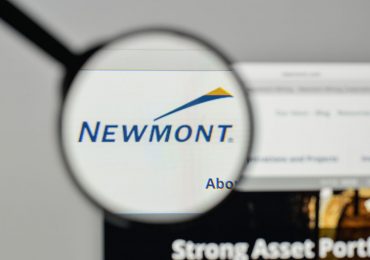The concept of direct investment, accessibility for beginners and professionals
Direct investment is considered an investment in the production and sale of a product: material or intellectual. The purchase of a share in a company through the purchase of securities or the investment in a statutory fund is also direct investment. Each economy seeks to increase direct investment, since the growth of their share is one of the important indicators of development. At the same time, direct investments are available to both millionaires and ordinary citizens. With a private equity fund, a certain number of people pool their funds and invest in a specified object. Foreign direct investment is the participation of capital from other countries in the economy of a resident country.
Concept of direct investment. Their main types
One of the most famous types of direct investment is bank deposits. Rubles and currency can be deposited, and the term of such deposits varies from a month to five or even ten years. The deposit interest rate depends on these parameters. Real yield can be calculated as the difference between inflation over a specified period and the interest rate on the deposit. For example, the funds invested at 10% with eight percent inflation for a specified period will give only 2%. But it must be borne in mind that a bank deposit may be unprofitable if the bank’s commissions are to be taken away from these 2% (if such are specified). Thus, bank deposits are more likely a way to save savings than real earnings. When making deposits, you should consider the inflation chart for the last 5-10 years, forecasts for economic growth and inflation for the current year, as well as the reputation of the financial institution.

Mutual funds (mutual funds) – this is when there is an accumulation of funds of a number of investors in one portfolio. The management company for optimal investment uses money. Exchange professionals choose types of securities (stocks, bonds), diversification tools (gold) and provide optimal profit for shareholders.
Earned funds are distributed in accordance with the share of investors in the total contribution. Mutual funds are a more risky type of deposit than a bank deposit. In some cases, the shareholders increased the amount of the deposit by half, in others they were in the red. Usually more stable funds are less profitable, and vice versa. Another type of direct investment is the purchase of precious metals. These assets are not subject to inflation, but they also do not bring interest and dividends to the depositor. Also, no one can guarantee that the price of gold will rise. When buying precious metals should be aware that the VAT on the value – 18%. A separate direction of investment is buying up rare coins and other products with an obvious artistic value. It is likely that the value of such assets will increase over time in highly specialized markets.








